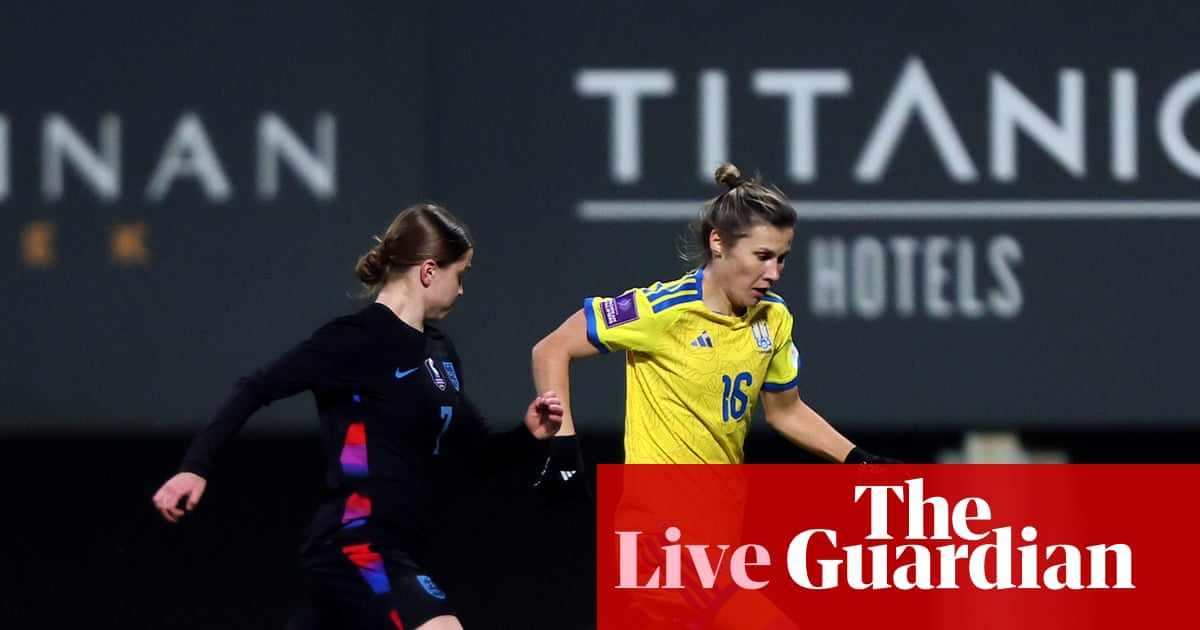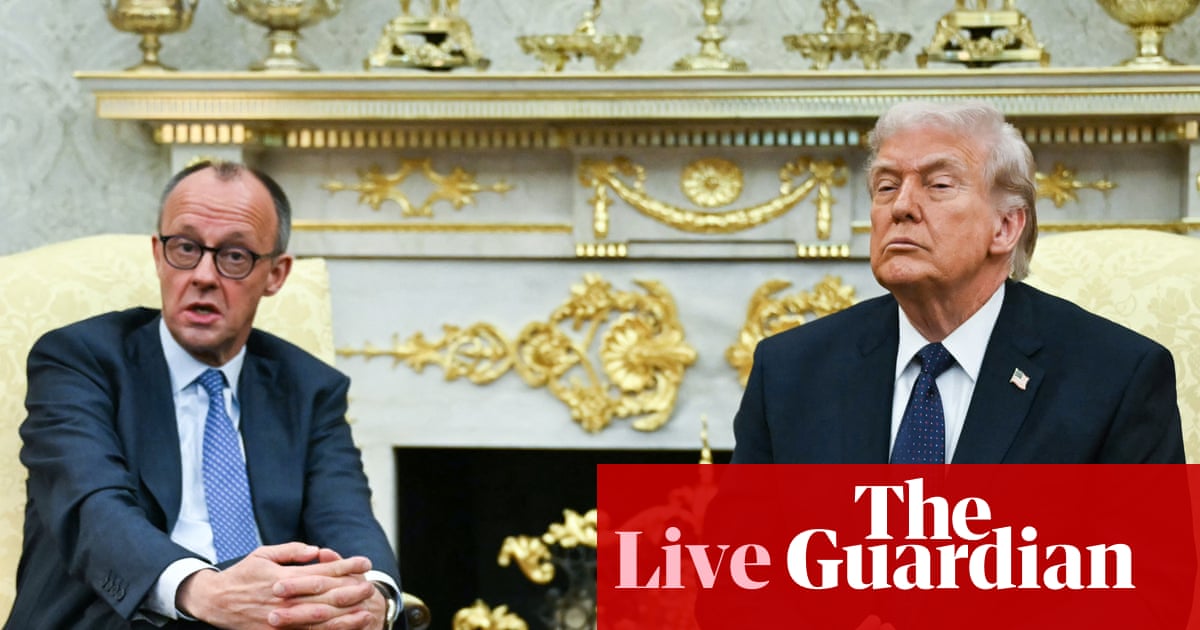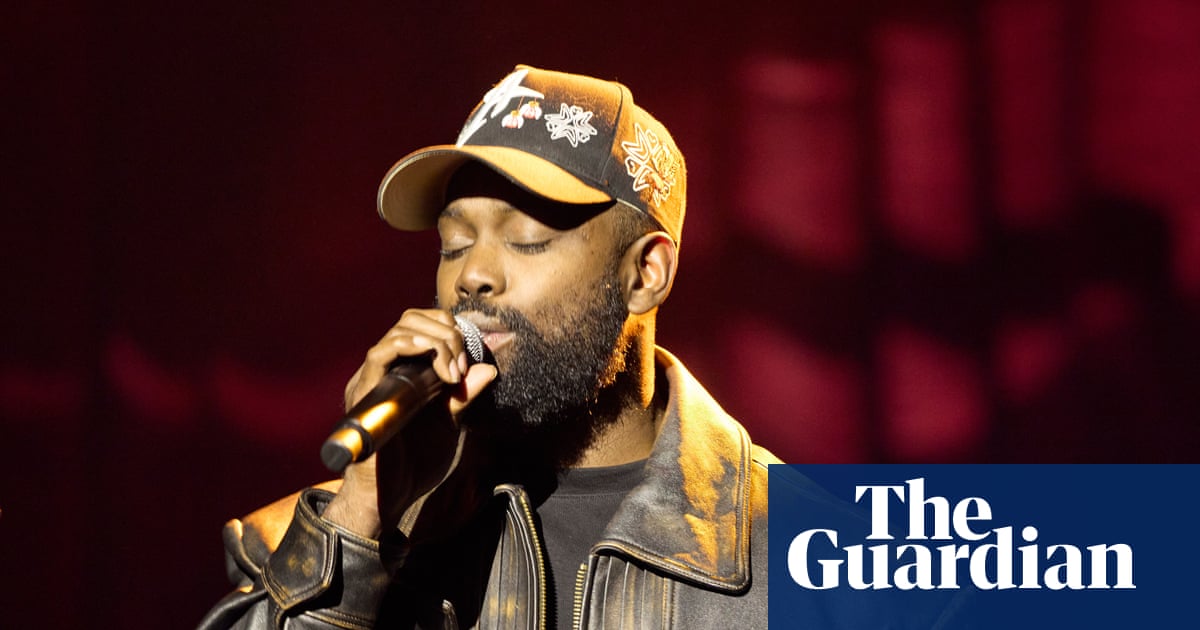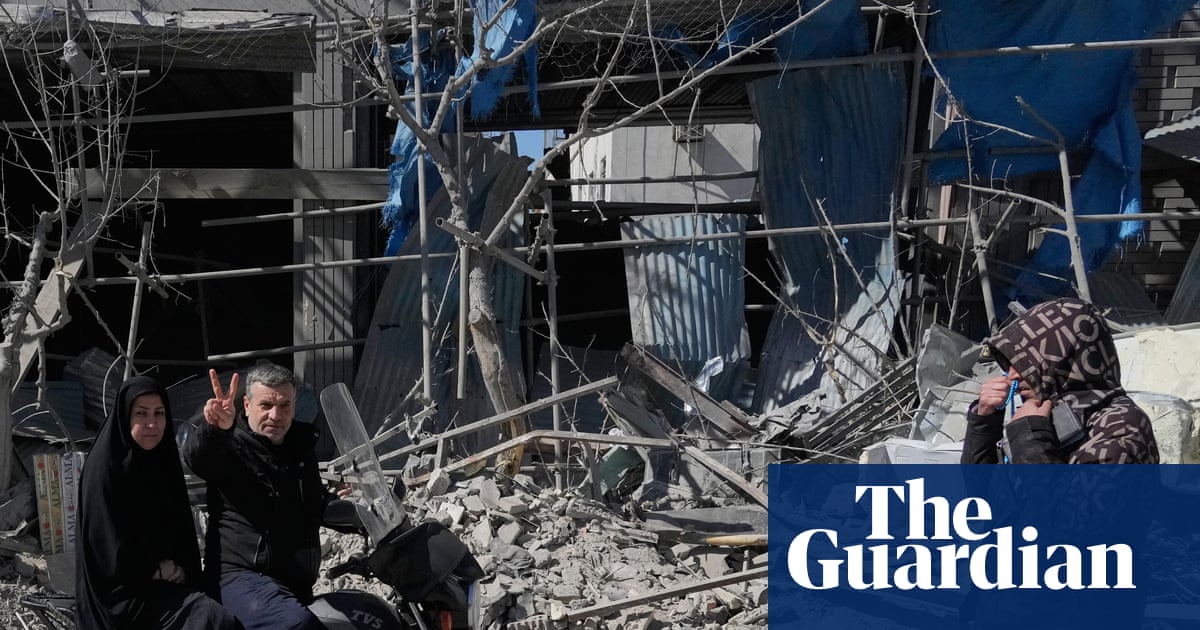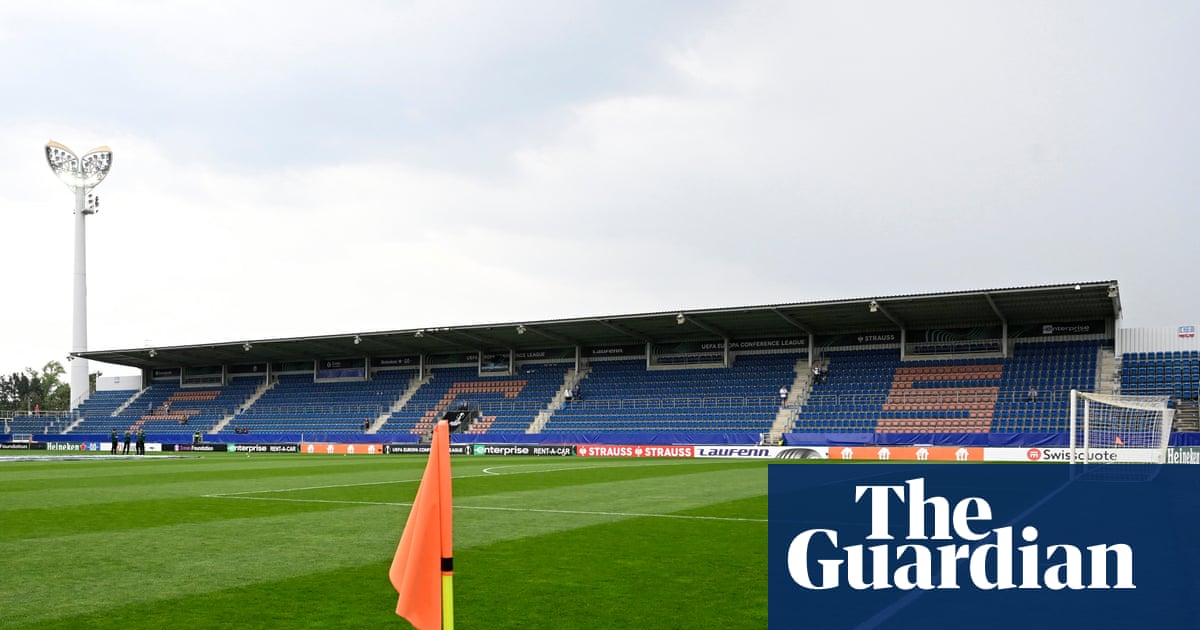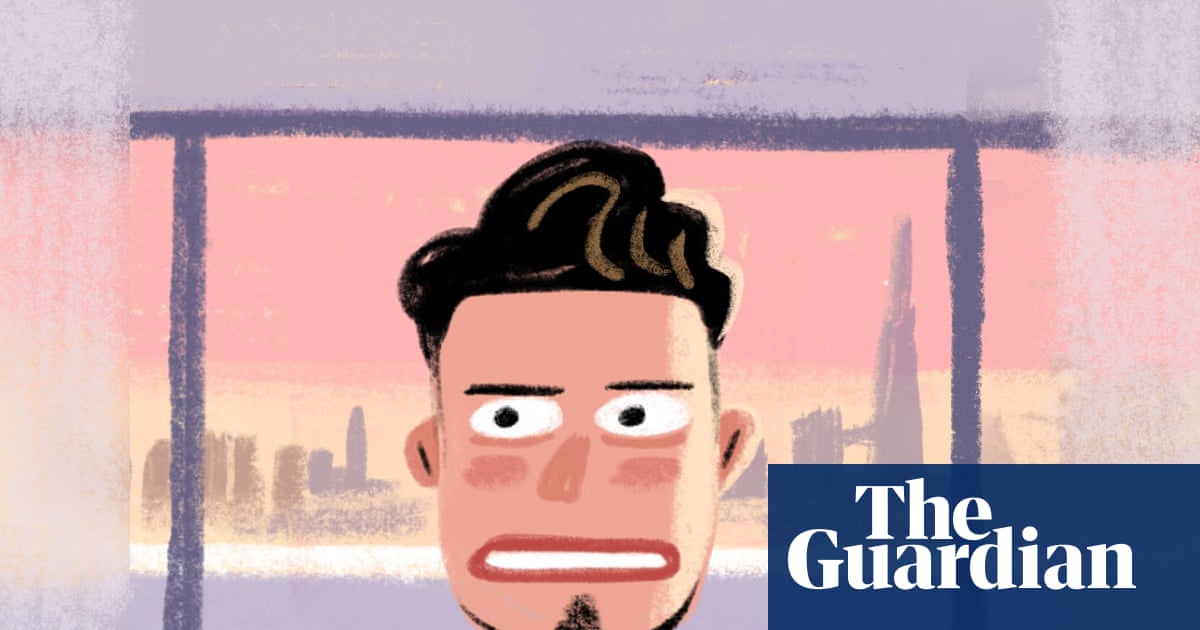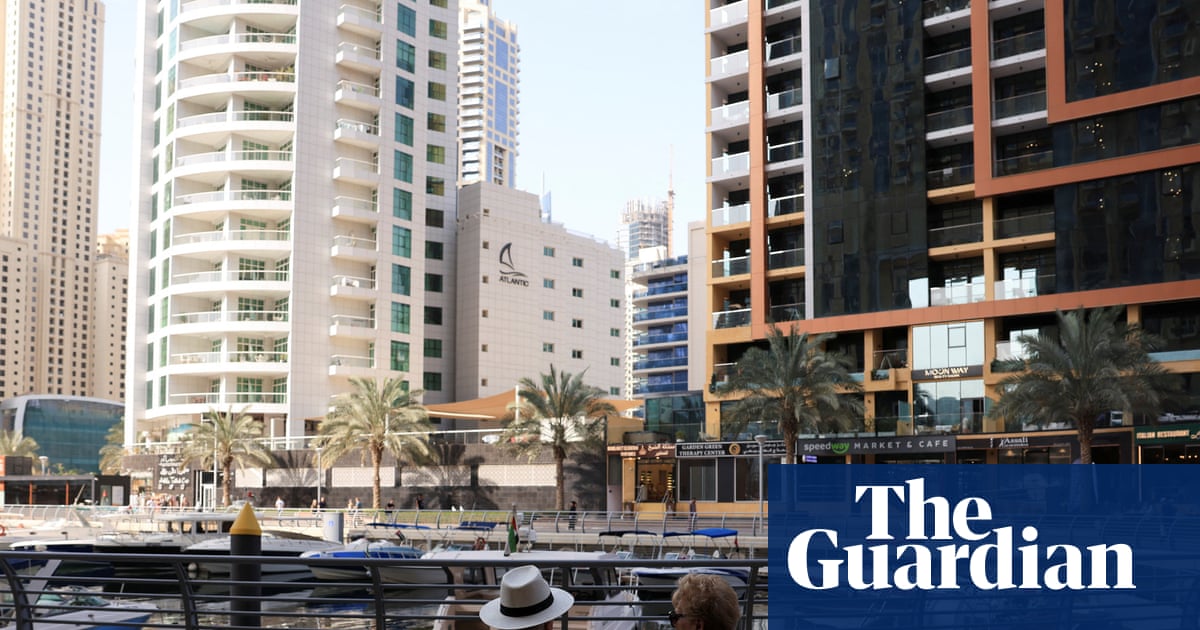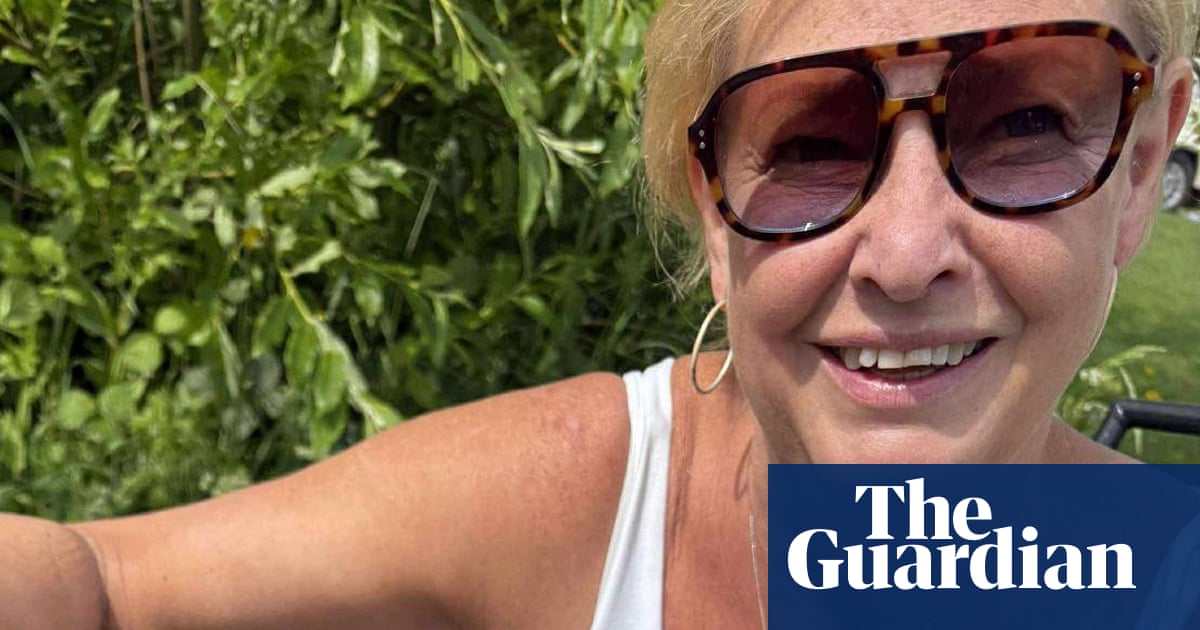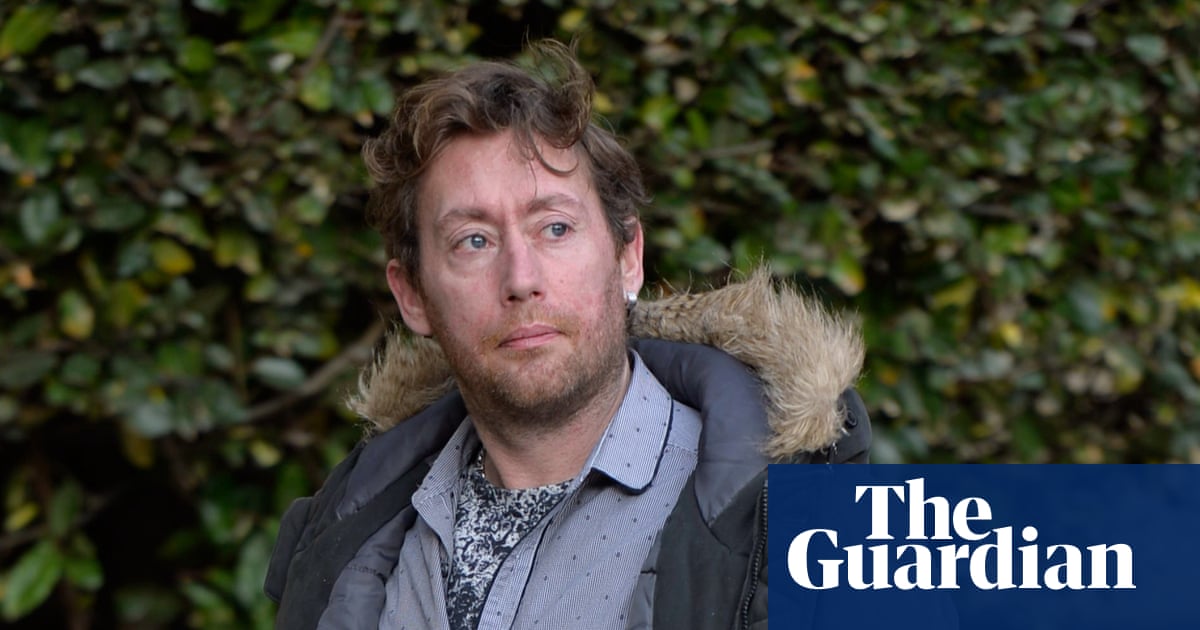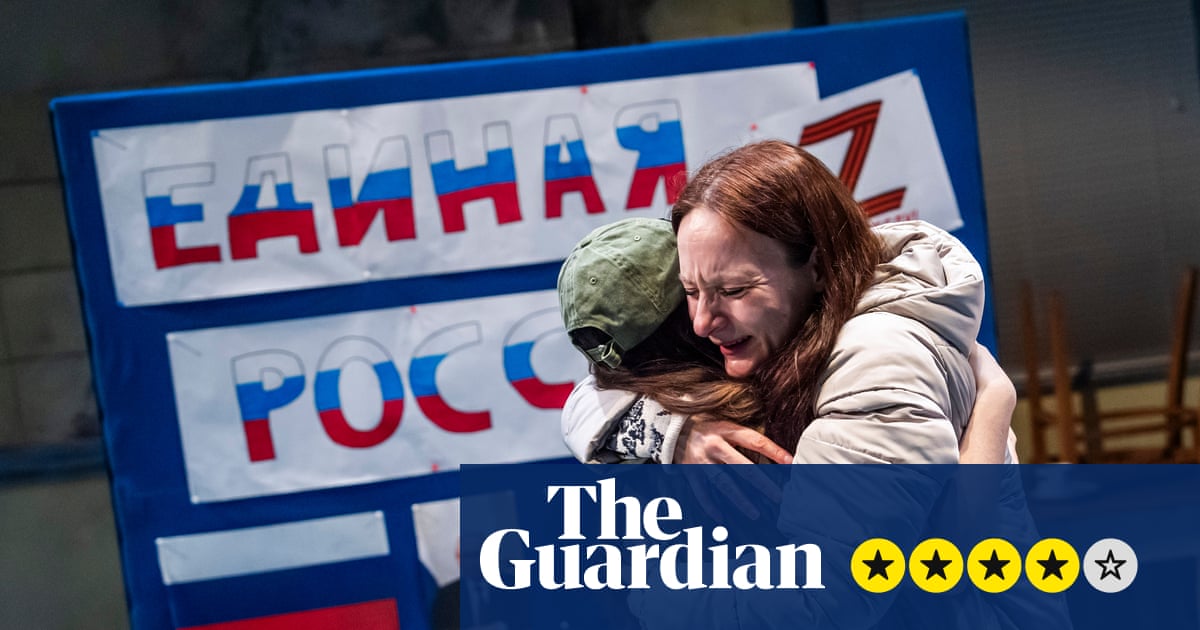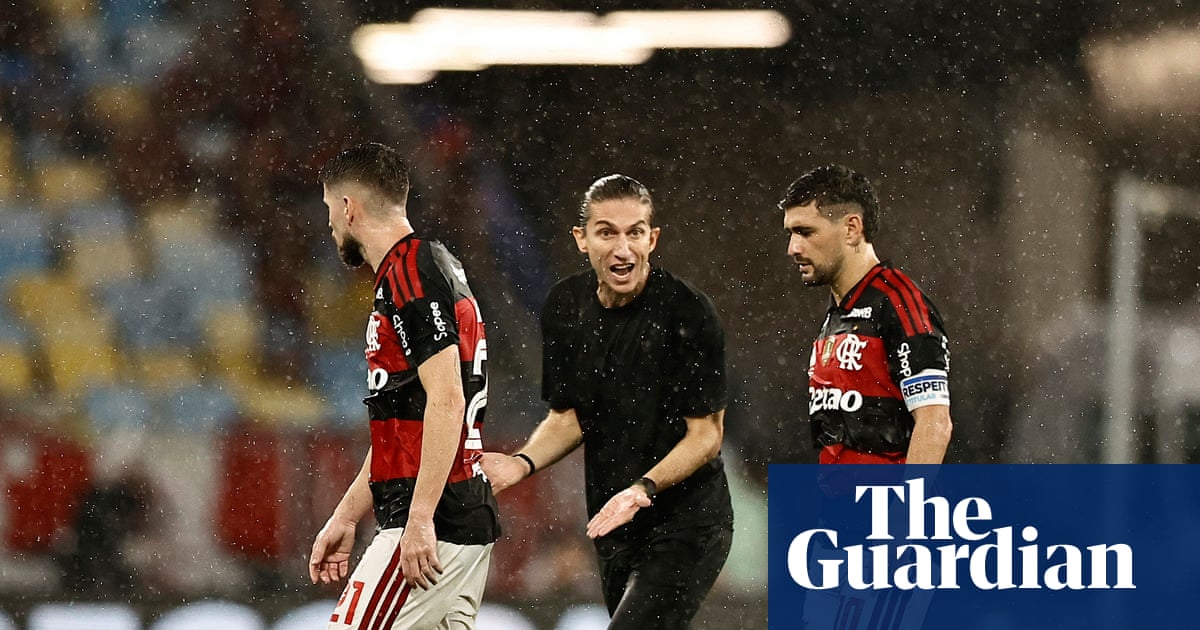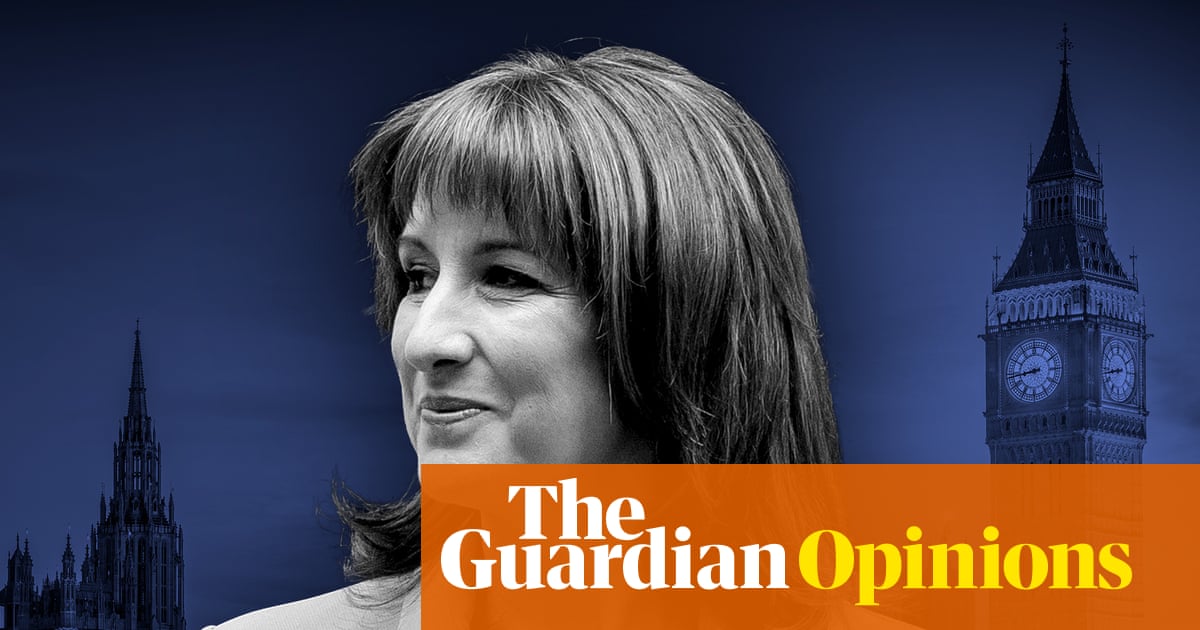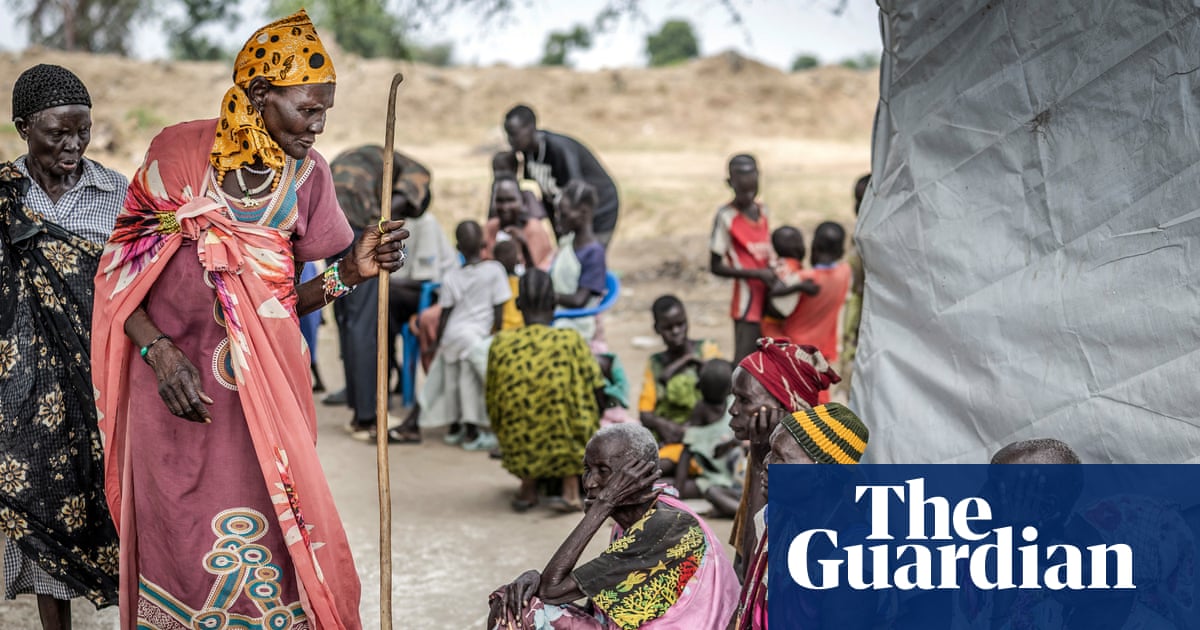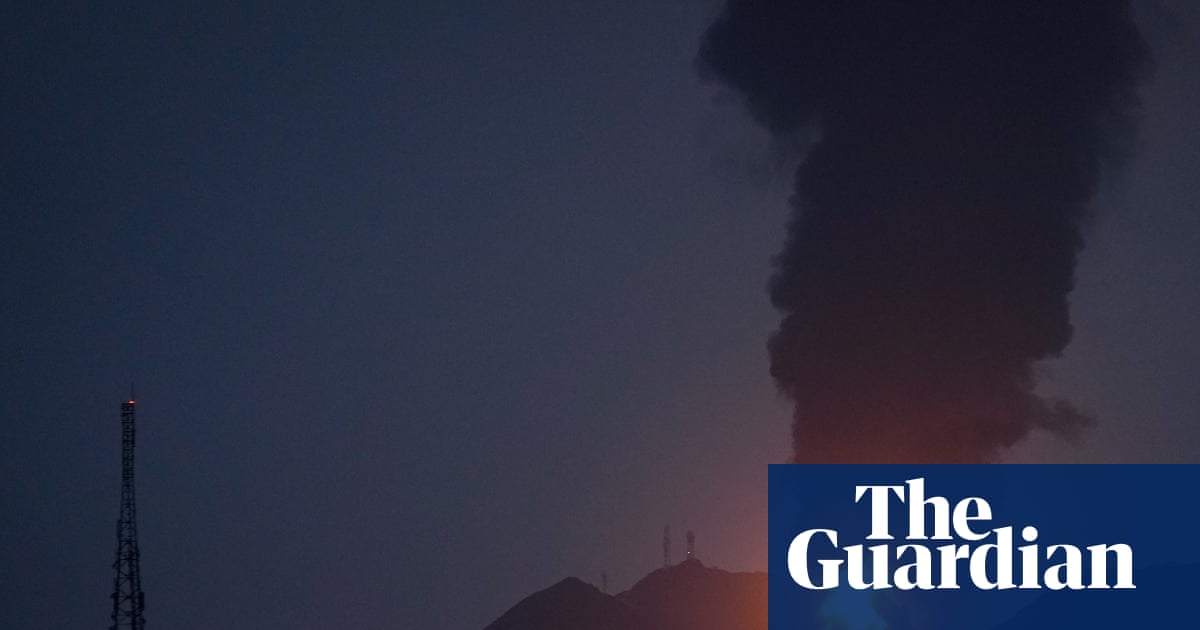When Mrs Justice Cockerill handed down her judgment in the high court against PPE Medpro, the company linked to the Conservative peer Michelle Mone, for supplying unsafe personal protective equipment during the pandemic, her findings were a landmark in a five-year saga that cast the opaque world of government deal making into stark light.
PPE Medpro was ordered to refund the full £122m that the Department of Health and Social Care (DHSC) paid for unusable gowns in the summer of 2020, as Boris Johnson’s government scrambled to refill the UK’s depleted stocks.
But Cockerill’s 87-page judgment also offered an intriguing glimpse into another company whose contracts, with a combined value of £1.4bn, dwarfed the PPE Medpro deals, a firm so much less well-known that even a politician involved in the deals could not remember its name.
To people familiar with the frantic multibillion pound spending of public money and the “VIP lane” for politically connected companies seeking PPE contracts, it was jolting that Cockerill found this firm was also at fault in the supply of unusable PPE. Its name is Uniserve.
Uniserve was a big winner of contracts as it became key to the government’s buying of vast quantities of PPE from China. An established logistics company based in the suburban town of Upminster, near the border between Greater London and Essex, it is owned by its founder and managing director, Iain Liddell.
The DHSC commissioned Uniserve early in the pandemic to transport ventilators to the UK, which developed into a “freight contract” for bringing PPE from China, and ultimately ran from 31 March 2020 through to December 2021, paying the company £573m.
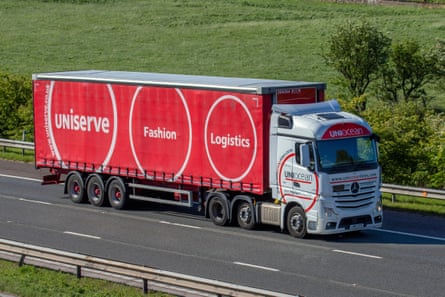
Liddell moved quickly into offering to supply PPE directly and Uniserve was awarded seven contracts worth £304m, processed through the VIP lane. Altogether, for an array of Covid contracts, the DHSC paid Uniserve a total of £1.4bn.
The freight contract involved Uniserve shipping the gowns supplied by PPE Medpro, the company owned by Mone’s husband, the Isle of Man-based businessman Doug Barrowman. This brought Uniserve into the scope of Cockerill’s deliberations.
In her judgment, Cockerill concluded that the contract required Uniserve to inspect the PPE Medpro gowns in China, before they were shipped. She said there was a “degree of doubt” about whether Uniserve ever did conduct inspections. Whatever process was followed, it failed to spot the glaring fault with the gowns’ technical labelling, which indicated they were not certified to be sterile.
Crucially, the DHSC had to pay for the gowns when they were approved for shipping, so the government paid the full £122m to PPE Medpro with no effective inspection having been carried out.
It was only after the gowns arrived in England that a vigilant public health official, Zarah Naeem, inspected and saw the invalid labelling, and the gowns were rejected. Despite winning the court battle, the DHSC faces difficulties recovering the millions it paid, because no funds were left in PPE Medpro, which is now in administration.
If the gowns had been inspected in China by Uniserve as the judge considered they should have been, the shipment may never have set sail, and the taxpayer may not have paid to PPE Medpro the money ministers are now scrambling to recover.
The Guardian asked Liddell about Uniserve’s alleged failure of inspection in the judgment and he replied through lawyers, claiming that the judge was mistaken. Liddell said the DHSC had not required Uniserve to carry out quality control inspections at the relevant time and only added this to the freight contract in late August 2020. The DHSC’s barrister, Paul Stanley KC, appeared to support that position in court, saying Uniserve had subcontracted factory collections in China and depicting the operation as a “Chinese truck driver” not versed in European PPE safety regulations.
If that is correct – and the published freight contract appears to support Liddell’s position – it points to a much bigger procurement issue: massive government spending without basic checks for quality.
Chris Smith, a procurement consultant who works with Transparency International in the UK Anti-Corruption Coalition (UKACC), has calculated that the DHSC paid £9.35bn for PPE during those first four months before inspections began. The DHSC subsequently reported it had paid £3.3bn for PPE that was unusable in the NHS.
A question of access
Uniserve’s remarkable accumulation of government contracts did attract public scrutiny at the time, including reporting by the Guardian. A central question was how the company came to the attention of ministers, who would sign off on contracts of such enormous value.
The DHSC said later that the Conservative peer Theodore Agnew was the politician who introduced Uniserve to the VIP lane. Agnew, a former City finance executive, was one of several new ministers, headed by Michael Gove, appointed to the Cabinet Office in Johnson’s reshuffle of February 2020.
Agnew did not respond to the Guardian’s invitations to comment for this article, but he was asked about Uniserve at the Covid public inquiry in March. He described himself as the “godparent” of the VIP lane saying, as other former ministers have, that fast-tracking companies referred by politicians and officials was a way to prioritise credible offers. Remarkably, considering the huge public money paid to Uniserve and the company’s key role in the government’s pandemic response, Agnew appeared to know very little about it.
“Was Iain Liddell somebody that you knew personally, or through political connections or otherwise?” Anna Morris KC asked. “No, I mean, I don’t even know what Uniserve is,” Agnew replied. “What is it? What is it?”
One politician who does know the company better is Julia Lopez, the Conservative MP for Upminster. Lopez is close to Uniserve – literally: her constituency office was on the company’s site, in effect, Liddell is the MP’s landlord.
In June 2018, Lopez posted about the company enthusiastically on social media, pictured with Liddell in hi-vis jackets, describing Uniserve as “the UK’s number one independent logistics and global trade management provider”.
The question has always been asked as to whether she was involved in Uniserve being awarded PPE contracts. Lopez was also newly appointed to the Cabinet Office in February 2020, although she was on maternity leave until June.
In 2020, Liddell and the Cabinet Office denied that the connection with Lopez played a role in Uniserve being awarded contracts. The Guardian asked Liddell then if he was “ever in contact with Julia Lopez MP regarding bidding for these [government Covid] contracts”.
“No,” Liddell replied, “Uniserve or Mr Liddell were never in contact with Julia Lopez regarding bidding for these contracts.”
The Cabinet Office said at the time: “Minister Julia Lopez [was] not involved in the procurement of these contracts.”
The Guardian also asked Liddell if he or Uniserve were ever in contact with any other member of the government or officials, in relation to securing the Covid contracts.
Liddell replied: “No. Uniserve and Mr Liddell were contacted by the [DHSC’s] emergency PPE team and Uniserve had to go through … the process all suppliers of PPE and services had to go through.”
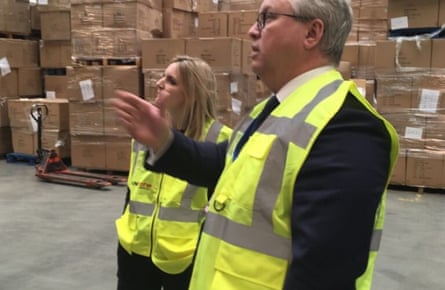
In May 2021, Liddell replied to a letter from Meg Hillier, the chair of the public accounts committee (PAC), which was conducting an inquiry into PPE procurement and the VIP lane. She asked if he had submitted his offer to supply PPE through the DHSC’s “normal process”, or “through other routes (for examples through a minister, MP or senior official)?”.
Liddell replied in written evidence that the DHSC had approached Uniserve first, then it awarded the company more contracts because Uniserve “demonstrated our expertise” and delivered on it.
“For the avoidance of doubt,” Liddell wrote, “Uniserve has not sought to market its services to government via ministers, MPs or senior officials.”
Into the VIP lane
During the years since, campaigning by the Covid Bereaved Families for Justice (CBFFJ), which represents 7,000 families whose relatives died of the virus, was instrumental in pressuring Johnson to set up a public inquiry into his government’s handling of the pandemic.
The inquiry allocated time to procurement and, while it did not examine the Uniserve contracts in detail, the CBFFJ and UKACC raised questions, which prompted some evidence to be provided for the first time.
A civil servant who worked closely with Uniserve, Jonathan Arrowsmith, made a written statement, which has given some insights into how the company was steered into the VIP lane.
Liddell’s lawyers said the DHSC’s first request came on 22 March 2020 and the company was asked owing to a personal connection, as a senior DHSC official had previously worked with a Uniserve director, in 2009. Arrowsmith’s evidence shows that after this first commission, Liddell pushed to provide more services, including supplying PPE directly, and contacted many ministers and officials.
On 26 March 2020, a civil servant in Johnson’s office introduced Liddell to Steve Oldfield, the DHSC’s commercial director-general, saying: “Uniserve have been working with DHSC so far on PPE supplies, but there’s definitely a lot more nationally and internationally that they could do to help.”
Liddell then told Oldfield that Uniserve had “great resources and capabilities across air, road and sea freight,” adding: “I am sure we can contribute an enormous amount to the supply chain effort getting PPE and any goods to where you need them.”
Arrowsmith referred in his statement to an email chain within the Cabinet Office that referred to Uniserve, “commencing with an email from Iain Liddell” of 2 April 2020. The email chain contained “a reference to Iain Liddell’s constituency member of parliament”, asked if there had been an “escalation” of Uniserve, and proposed checking with “Lord Agnew’s private office”. The emails themselves have not been made public.
Two days later, in another email chain, Max Cairnduff, a senior civil servant, was apparently responding to concerns that Uniserve was a “VIP opportunity” not being processed quickly enough. Uniserve was said to have contacted “multiple ministers”.
Agnew was then named the “VIP link” for Uniserve in Cabinet Office spreadsheets on 13 and 14 April 2020. Uniserve was awarded the first three PPE contracts, worth a total £87m, on 14 April.
Last week, the Guardian asked Lopez if she was the constituency MP referred to in the April 2020 email chain.
She replied that perhaps it referred not to her but the MP for where Liddell lived, and she said: “I played no role in the personal recommendation, referral or award of any contract to Uniserve … Any suggestion that I was personally involved in the commercial preferment or advancement of Uniserve would be false.”
However, two days later, Liddell revealed for the first time that he did contact Lopez in the run-up to the PPE contracts being awarded. His lawyers said he emailed her on 2 April 2020 – an admission that appears to suggest a link between Uniserve, its tenant Conservative MP and its VIP lane referral.
Liddell sent the email “to complain about difficulties in relation to [PPE] supply proposals … and delays which Mr Liddell felt may cost lives”.
Lopez then declined to explain whether she acted on Liddell’s email, or why she had never mentioned it. A Conservative party spokesperson replied on her behalf, saying: “Mrs Lopez had no involvement in any procurement decision by the government. Mrs Lopez was on maternity leave at the time and government ministers were not involved in operational decisions.”
In May 2020, Arrowsmith referred Uniserve to the VIP, “high priority” lane, although the company was already on it by then. Liddell had become “increasingly vocal and critical about the process”, Arrowsmith said, and “frustrated that his offers were not being processed quickly enough”.
Liddell requested his offer to supply face masks be “put through the fast track and high volume approval process”. His lawyers said he was not aware at the time that there was a designated VIP lane. Arrowsmith said Uniserve was referred to the high-priority lane “in part, to placate the increasing frustrations of Iain Liddell”. But also, he said, “Uniserve had established themselves as a very credible partner who were making credible offers.”
‘Do not supply’
In 2022, it emerged that PPE worth £178.5m provided by Uniserve was in a list deemed “do not supply”. The DHSC, even under Labour, still claims commercial confidentiality over such PPE contract questions and declined to provide information about Uniserve. Liddell indicated that the £178.5m of PPE was never used, but insisted that it passed quality standards.
The government Covid contracts spectacularly boosted Uniserve financially; its accounts for the 15 months to 30 June 2020 show revenues almost tripled to £562m, pre-tax profits increased sevenfold to £46m. In the next 18 months to 31 December 2021, turnover doubled again to £1.4bn, profits grew to £144m.
In a statement, Liddell said: “Our engagement with the DHSC was based on our longstanding expertise in international logistics … Contracts were awarded on the basis of proven performance and capability to deliver, not on the basis of political connection.
“Uniserve helped deliver over 44bn units of PPE and vital equipment to the UK. I am proud of the role Uniserve played in delivering vital PPE when and wherever the nation needed it most during the unprecedented and uncertain Covid-19 pandemic.”
Liddell’s lawyers said he stood by his original answers to the Guardian and the PAC, and that Uniserve submitted its bids for contracts “through the proper channels”.
On 18 March this year, Gove and Agnew gave their evidence to the Covid inquiry. Gove described Agnew as a “hero” for the work he did. Agnew said the government did its best in the circumstances and said it was “bollocks” to suggest the VIP lane was a “heinous plan to enrich a few of our mates … This was not some kind of plan, rightwing people trying to enrich themselves”.
Morris, the CBFFJ’s barrister, asked Agnew why he introduced Uniserve into the VIP lane.
“Were you aware that they had no track record in the supply of PPE?”
“No,” Agnew replied, “but we used a lot of people who didn’t, because we had to go wherever we could. But I had no relationship with them.”
“OK, so if that’s correct,” Morris asked, “on what basis did you consider their offers merited urgent or priority consideration within the VIP lane?”
“I can’t remember,” Agnew replied.

 3 months ago
126
3 months ago
126
